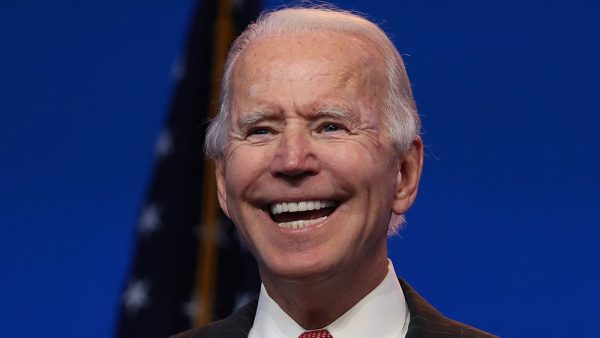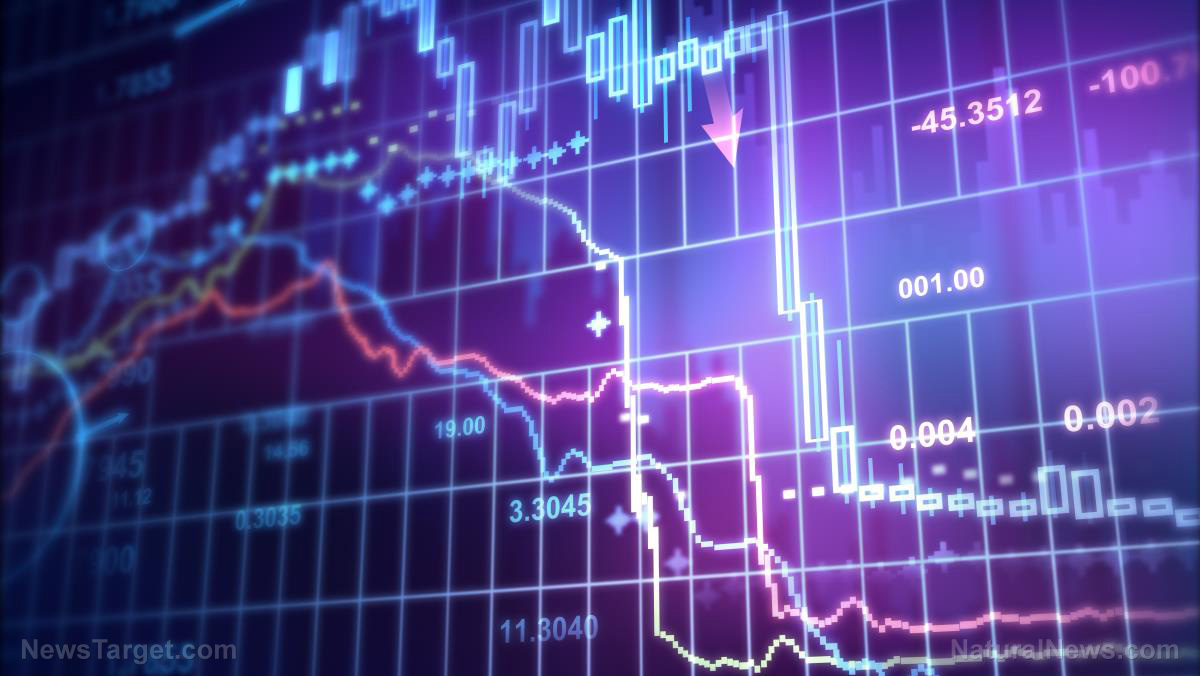 Parler
Parler Gab
Gab
Consumer sentiment drops to an all-time low
The University of Michigan's Consumer Sentiment Index plunged deeper to a record-breaking 50.2 in June from 58.4 in May. Consumer expectations dropped to 46.8, while current conditions plummeted to 55.4. (Related: Consumer sentiment dropped further in May, survey reveals.) "Consumer sentiment declined by 14 percent from May, spiraling a downward trend over the last year and reaching its lowest recorded value, comparable to the trough reached in the middle of the 1980 recession," said Surveys of Consumers Director Joanne Hsu. More financial pressure may be felt by consumers as the consumer price index (CPI) skyrocketed than what the market expected in May. "In May, the annual inflation rate went up to 8.6 percent, higher than the market forecast of 8.3 percent. This is the highest reading in 41 years," the Bureau of Labor Statistics reported.Workers can't enjoy wage gains amid soaring inflation
Average hourly earnings raised 0.3 percent month-over-month in May to $31.95. But because of the soaring inflation, workers are struggling to enjoy their wage gains. "The essential components of the CPI report are showing zero indicators that prices are slowing down," Christian Hoffman, portfolio manager and managing director at Thornburg Investment Management explained. He said in the research note that the key drivers of inflation, such as food, energy and housing show no signs of subsiding, Even used vehicle prices, which had softened in recent months, came in with engines revving. "With the expectations index weakening further, consumers also do not foresee the economy picking up steam in the months ahead," Lynn Franco, senior director of economic indicators of The Conference Board, mentioned in a statement. In addition to this, 81 percent of adults think the economy is headed for a recession this year, a CNBC Plus Acorns Invest in You survey in April disclosed. Visit Collapse.news for more news related to the looming economic collapse. Watch this video as experts break down the consumer price index. This video is from the NewsClips channel on Brighteon.com.More related stories:
"Bidenflation" triggers stunning downfall of consumer sentiment to 10-year low. Subprime borrowers are increasingly missing credit card and loan payments in the face of record inflation. Latest polls show Biden failing on economy, inflation, immigration, crime. EPIC FAIL: Biden's first year in office marred by worst annual inflation in four decades.Sources include:
TheEpochTimes.com BEA.gov FederalReserve.gov 1 FederalReserve.gov 2 NewYorkFed.org BLS.gov TradingEconomics.com Conference-Board.org Momentive.ai Brighteon.comAmericans lining up outside food banks as record inflation continues
By Belle Carter // Share
Diminished US refining capacity from facility closures contributing to soaring gas prices
By Belle Carter // Share
Port of Los Angeles director: US supply chain at risk if rail service does not improve
By Mary Villareal // Share
Massive uprising erupts in Panama over inflation and deteriorating economic conditions
By Arsenio Toledo // Share
Central banks are willing to destroy the global economy if it means saving the stock market
By Arsenio Toledo // Share
Governments continue to obscure COVID-19 vaccine data amid rising concerns over excess deaths
By patricklewis // Share
Tech giant Microsoft backs EXTINCTION with its support of carbon capture programs
By ramontomeydw // Share
Germany to resume arms exports to Israel despite repeated ceasefire violations
By isabelle // Share










